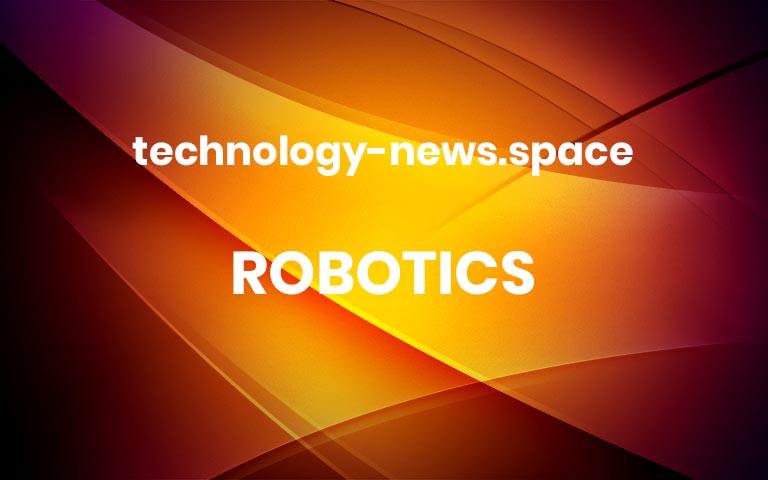Maria Diaz/ZDNETAs a smart home reviewer, I’m particularly fond of robot vacuums. I enjoy unboxing, setting up, and testing them, and I love seeing new technologies emerge each year. Even if robot vacuums look similar, each one is actually quite different, which means I’m constantly learning new things about these devices. We test dozens of robot vacuums each year at ZDNET, both in our lab and at home. As a result, I’m always writing reviews for different models and updating our choices for the best units you can buy. Also: The best Black Friday robot vacuum deals live nowNow, our team has compiled data on the top-selling robot vacuums across various retailers through 2025 so far. The following are listed in order of units sold through the links clicked from ZDNET stories. (A note: Your privacy is protected — we only have access to aggregate data from our user base, and there is no way for us to identify individual people’s purchases.) Here are ZDNET readers’ most-purchased robot vacuums this year so far (and several are on sale already for Black Friday).
Show more (7 items) More


